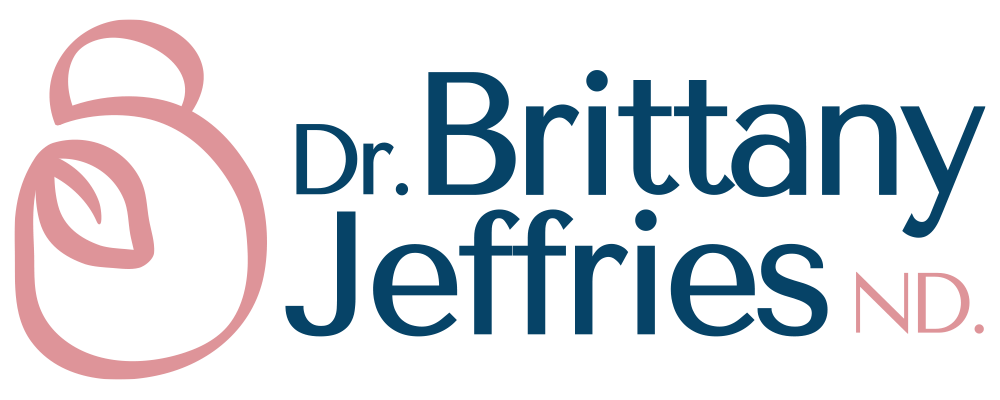Let’s Stop Pretending Birth Control Is Regulating Hormones
Birth control is an incredible tool. It gives women choice, control, and freedom. It helps with heavy periods, painful cramps, acne, endometriosis symptoms, and preventing pregnancy. All of that matters. But there is one big misconception that keeps showing up in clinic and online.
Birth control is not regulating your hormones. It is replacing them.
And that is not a bad thing. It is simply something women deserve to understand clearly.
What Birth Control Actually Does
Most hormonal birth control options contain synthetic versions of estrogen, progesterone, or both. These include the pill, the patch, the ring, hormonal IUDs, and injections.
Here is what they do in your body:
1. They stop ovulation.
This is the main event. When you are not ovulating, your ovaries are not producing their own natural estrogen and progesterone rhythm.
2. They create a steady hormone level.
Instead of your natural rise and fall of hormones across your cycle, birth control provides a consistent dose every day or every month. This steadiness can reduce symptoms like cramps, heavy bleeding, and PMS.
3. They thin the uterine lining.
This is why periods on birth control are often lighter. Bleeds on the pill are not true periods. They are withdrawal bleeds that happen because of the hormone free interval.
4. They change cervical mucus.
This helps prevent pregnancy by making it harder for sperm to travel.
These actions are effective, predictable, and helpful for many women. But they are different from your body naturally regulating its own hormones.
Why Birth Control Is Not Regulating Hormones
Your body regulates hormones through ovulation, communication between your brain and ovaries, and the rise and fall of estrogen and progesterone each month.
If ovulation is turned off, that natural hormonal rhythm is paused. You are not regulating hormones. You are receiving external hormones that override the system.
This can absolutely be a positive choice. It can give symptom relief, pregnancy prevention, and cycle control. It is just not hormone regulation in the sense of supporting your body's natural cycle.
And this is important because when women stop birth control, their natural hormone patterns return. This is why acne can come back, cycles can be irregular, or symptoms can resurface. None of this is your body failing. It is simply your own hormones turning back on.
We Can Love Birth Control and Still Tell the Truth About It
Supporting informed consent means acknowledging both the benefits and the limitations. Birth control can be an empowering option. It can also mask underlying issues without correcting them. For example:
Heavy periods improve because ovulation is suppressed, not because the root cause was fixed
PMS decreases because your natural hormone fluctuations are paused
Acne clears because androgen activity is altered, not because the skin concern is resolved
This does not make birth control bad. It makes it a tool. And like any tool, it works best when we know how it works.
So What If You Want True Hormone Regulation?
True hormone regulation comes from:
Supporting ovulation
Balancing stress, sleep, nutrition, and blood sugar
Checking for nutrient deficiencies
Investigating thyroid health
Addressing inflammation
Tracking your cycle patterns
Identifying root causes of PMS, acne, or painful periods
Some women choose to regulate their cycle naturally. Some choose birth control. Many move between the two at different phases of life. There is no one right choice.
The Takeaway
Birth control is not regulating your hormones. It is replacing them. And you can choose it proudly, confidently, and with full understanding of how it works.
If you want support choosing the right method, transitioning off birth control, or understanding your natural cycle again, I can help.

